Measures Available
Heating Measures
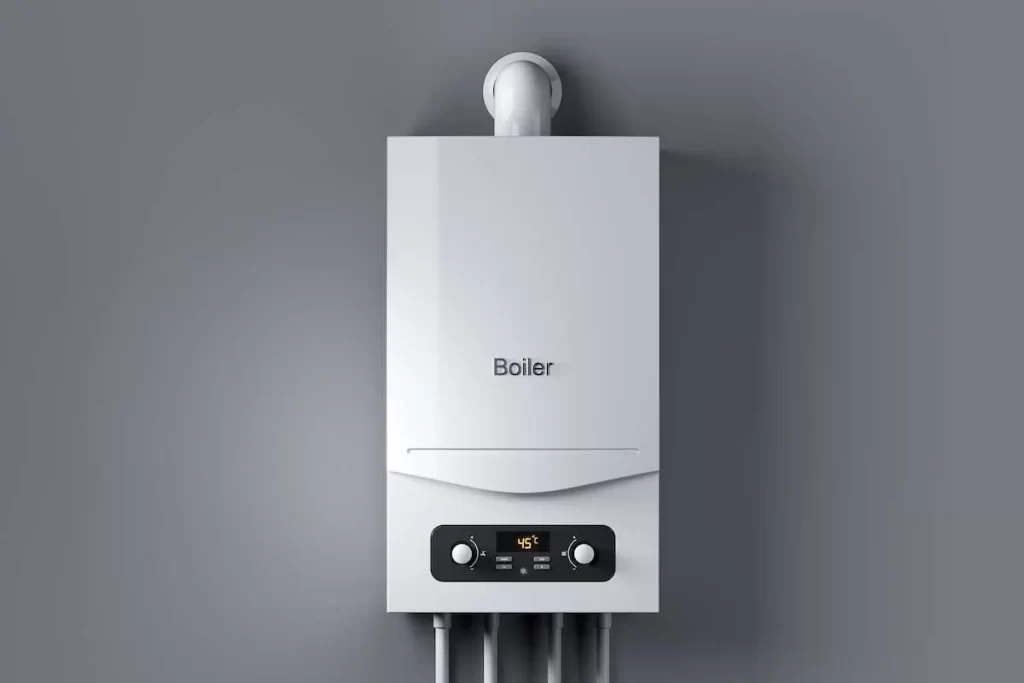
Boiler Upgrades
An A-Rated boiler plus installation could be yours – at NO COST to you!
- Installed by Gas Safe Registered Engineers.
- Replace your old boiler.
An A-Rated boiler is a model that is among the most efficient on the market. Efficiency is calculated by working out how much of the fuel used to power the boiler is turned into usable energy for heating your radiators and hot water.
Those that waste the most energy receive the lowest rating, while those that are most efficient are declared A-Rated boilers.
Advantages of Installing an A-Rated Boiler:
- Reduce money spent on heating bills.
- Reduce wasted energy.
- Reduce your carbon footprint.
All the A-Rated boilers that are installed are fitted alongside smart heating controls to ensure your boiler and heating is as efficient as possible.
First Time Central Heating
First Time Central Heating includes full installation of:
- A-Rated Gas Boiler.
- Radiators.
- Smart heating controls and pipework.
Your property may qualify for funding if your home is currently heated using one or more of the following methods:
- Electric Room Heaters.
- Gas room heaters.
- Electric storage heaters (inefficient or broken).
- Back Boiler Systems.


Smart Heating Controls
If your property qualifies you could benefit from an innovative heating control system for your home!
Typical Features of Smart Heating Controls:
- Help maintain the correct temperature through your home.
- Independent room temperature control – resulting in potential savings of up to £450 on your energy bills!
- Control your heating from anywhere in the world using your mobile phone.
- The Room Thermostat provides central smart control.
- Schedule your electrical heating devices: electric radiators, towel rails, electrical UFH.
Electric Storage Heaters
How can new electric storage heaters make life easier for you?
- Installed for FREE by qualified engineers.
- Use the latest in energy-efficient, SMART technology for the very best results.
- No mains gas supply needed.
- Quiet to run.
- Space Saving.
- Auto-adjust to the climate around them.
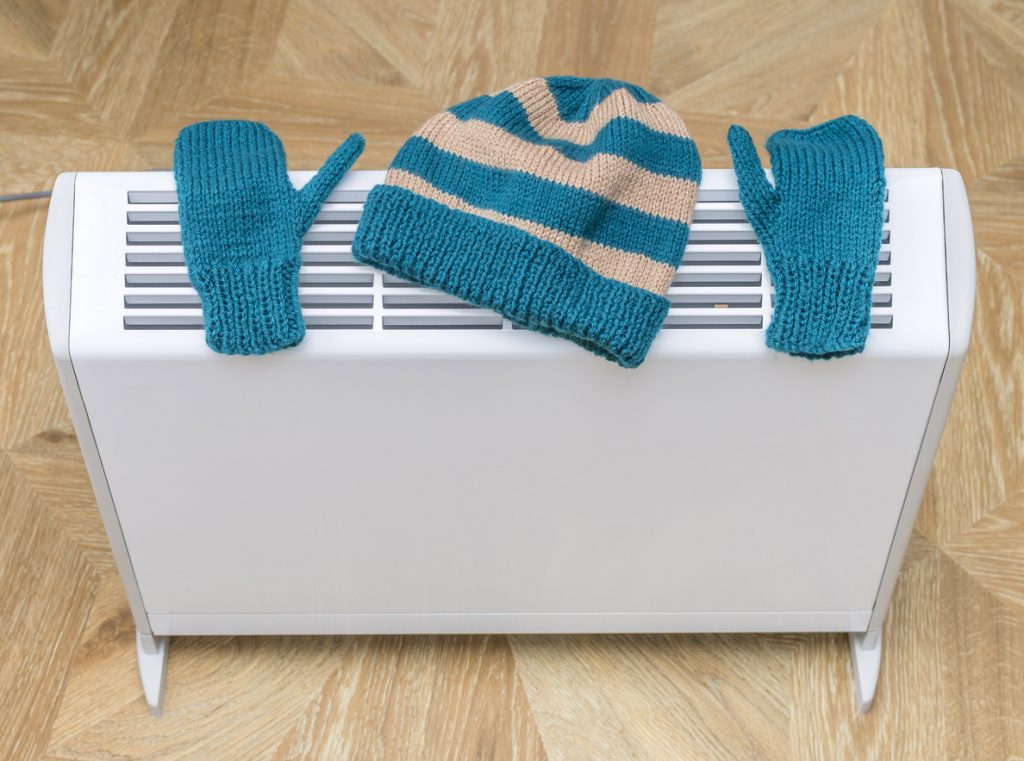
Insulation Measures
One of the key measures of the ECO4 scheme is insulation. Depending on your property type the following measures are available:
Cavity Wall Insulation
External Wall Insulation
Internal Wall Insulation
Room in Roof Insulation
Loft Insulation
.
Cavity Wall Insulation
Up to 45% of your home’s heat loss escapes through uninsulated or poorly insulated walls!
Cavity walls are two walls with a gap in between, called the cavity. The outer wall is often made of brick while the inner wall brick or concrete. Houses built after the 1920’s tend to have cavity walls, making them good candidates for cavity wall insulation.
Cavity wall insulation works by filling the cavity space with material that reduces heat loss by stopping the air moving around inside the cavity (air is still the actual insulator). This can substantially reduce heating costs.
The average property will save £150 a year with cavity wall insulation, although obviously this can be variable depending on a number of factors.
Cavity wall Insulation is a quick, hassle-free way of insulating your home and reducing your energy bills. The installers will check that it is right for your home.
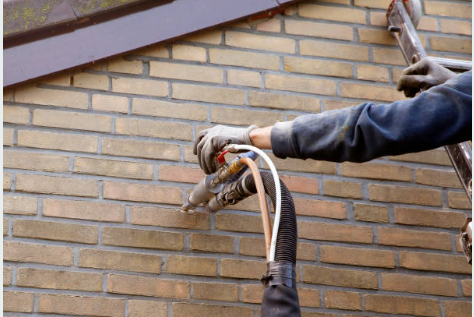
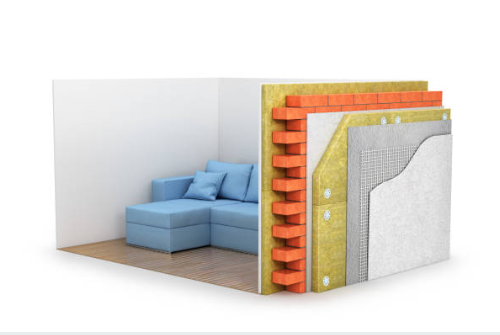
External Wall Insulation
If your house was built before the 1920’s it is likely to have been built with solid walls.
Twice as much heat can escape through solid walls compared to cavity walls. Insulating solid walls can seriously reduce your monthly energy bills.
External wall insulation is a layer of insulation fixed to the outside walls of your home. It creates a blanket around your home, restricting heat escaping in the winter and keeping your home cooler in the summer. It does this by fixing a layer of insulation material to the exterior wall of your home.
- This type of insulation can give your house a facelift and make it warmer!
- Reduces damp and improves the curb appeal of your property – often making it look brand new!
- External wall insulation will make your home more energy efficient, potentially saving you hundreds of pounds each year.
- Most properties can be insulated within 10 working days.
- External wall insulation installs come with a 25-year CIGA guarantee.
Internal Wall Insulation
Properties built before the 1920’s tend to be built with solid walls. These can still be insulated but it is a different process. ECO4 funding can cover the cost and it can lead to a higher saving than with cavity wall insulation!
The installers can reduce heat loss within your home by installing insulation within its internal property walls. It is done by fitting rigid insulation boards to the wall, or by building a stud wall filled in with insulation material such as mineral wool fibre.
- It makes your home warmer & reduces condensation.
- Internal wall insulation comes with a 25-Year CIGA guarantee.
- Takes 3-5 days to install.
- Due to the thickness of the insulation, it will slightly reduce the floor area of the room(s) in which it is applied – around 100mm, and the installers may need to temporarily remove things like door frames.
- You will need to redecorate once the installation has been completed.
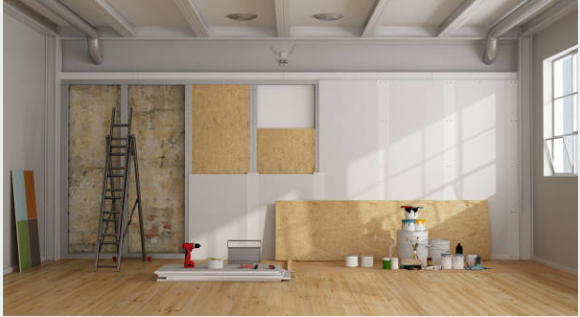
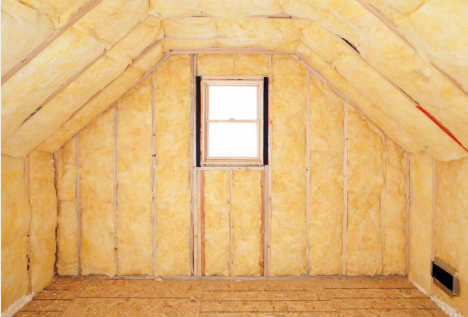
Room in Roof Insulation
Did you know that up to 25% of your home’s heat loss escapes through uninsulated or poorly insulated roofs?
If you have a room in your loft, you can install insulation in-between the rafters underneath the existing plasterboard walls
Room in roof insulation works by trapping heat within your home to create a blanket effect. This allows you to easily maintain a warm home without using as much energy to do so, saving you money on your energy bills.
It can increase the value of your home.
The ECO4 scheme can fund this for you if you qualify.
Loft Insulation
Loft insulation is like a blanket for your home. Mineral fibre wool is laid between the joists along your attic floor or on the rafters that support the roof.
- Up to 25% of your home’s heat loss escapes through uninsulated or poorly insulated roofs. Loft insulation improves the thermal efficiency of your home by slowing down the loss of heat.
- Keeps your home warmer in winter and cooler in summer.
- On average, households with loft insulation make a saving of around £175 a year.
- Loft insulation installs come with a 25-Year CIGA guarantee.
- The recommended insulation depth has increased to 270mm therefore if you have pre-existing loft insulation, it may not be the correct depth and you may qualify for a top up!

Renewable Measures
Air Source Heat Pump
Air source heat pumps are the low-carbon future of home heating which is kinder to the planet.
- Heat is absorbed from the outside air. This is compressed to reach a higher temperature and all that lovely warmth is then transferred around your home.
- Green, clean heat – They only use electricity, so they’re a low-carbon way of keeping your home cosy all year round.
- Air source heat pumps should last for at least 20 years which is longer than the average lifespan of a gas boiler!
- Reduced fuel bills.
- Low maintenance costs.
Did you know that housebuilders are starting to install heat pumps in new homes as standard!
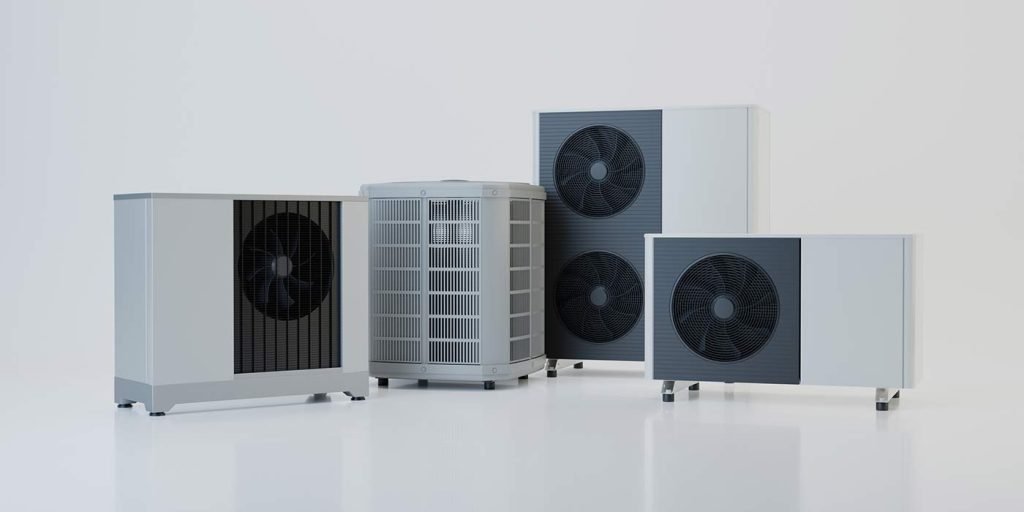

Solar PV
Great News! If you qualify & your property is suitable – Solar PV is available fully funded through the ECO4 scheme, if your home is currently heated by electric heating or will be once the project is completed.
Solar electricity panels, also known as photovoltaics (PV) are a renewable power system that use energy from the sun and convert it to free electricity.
- Planning permission is not usually required.
- With any domestic PV system, there will be times when the electricity you generate is more than you can use or store, so the surplus will be exported to the grid to be used by somebody else, which in turn provides you with some financial support.
- Sunlight is FREE! – Cut your electricity bills.
- The panels don’t need direct sunlight to work, so can even work on cloudy days.
